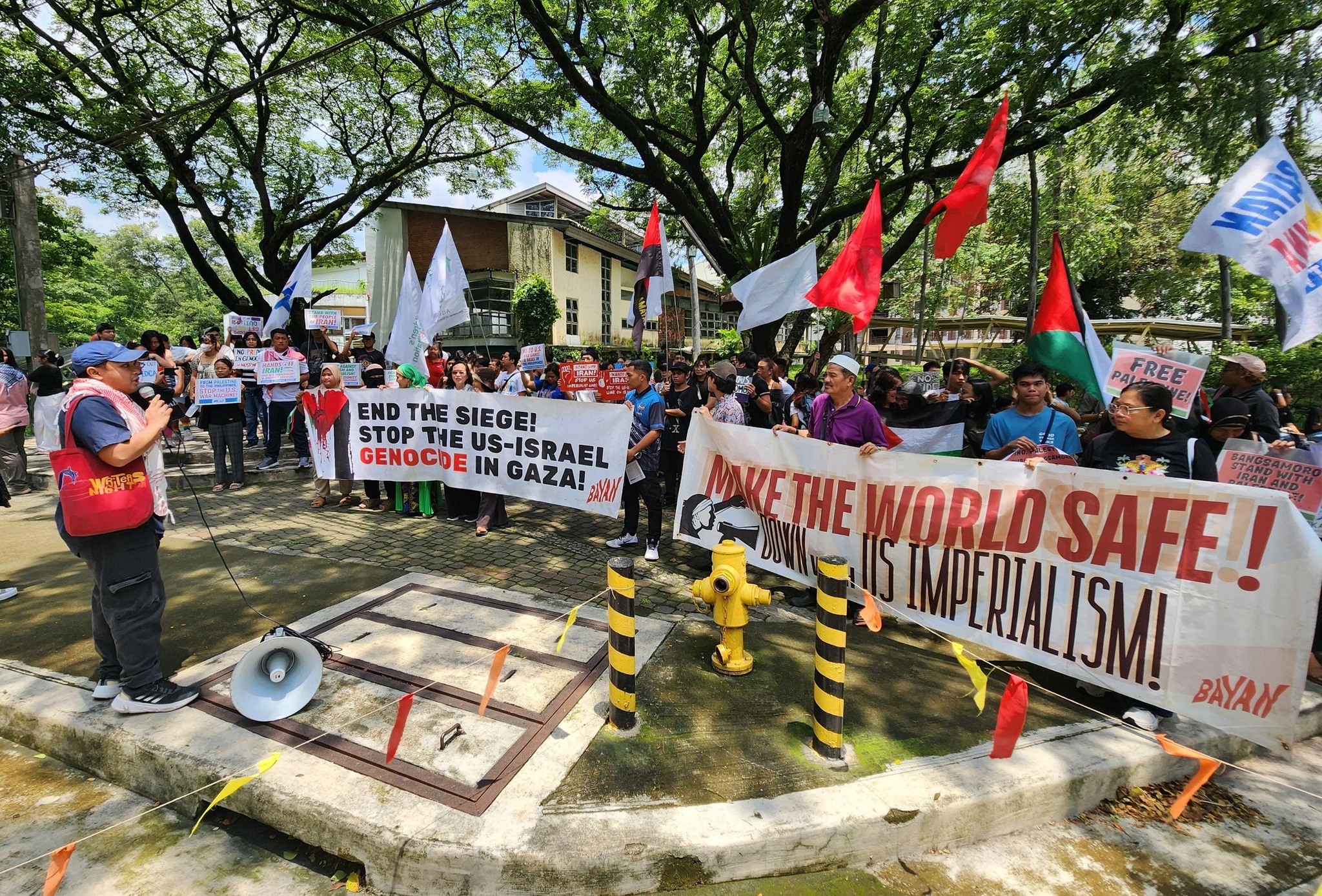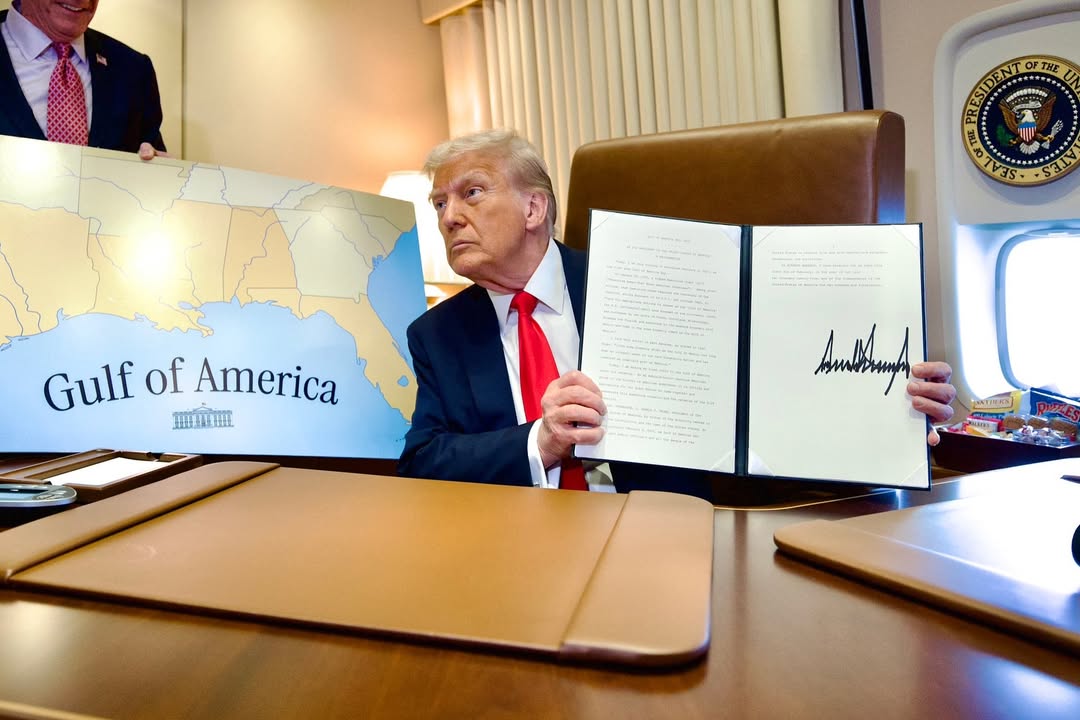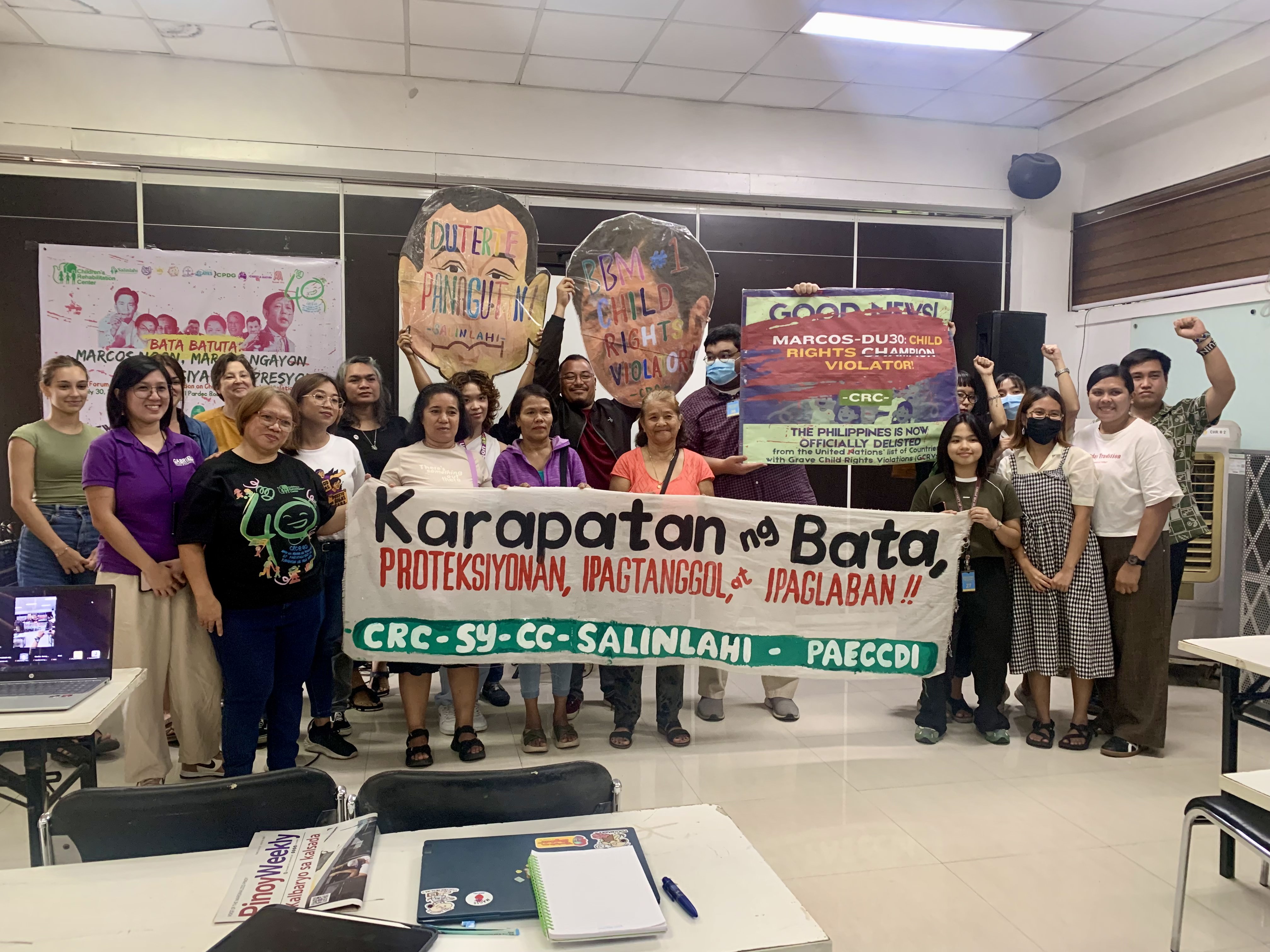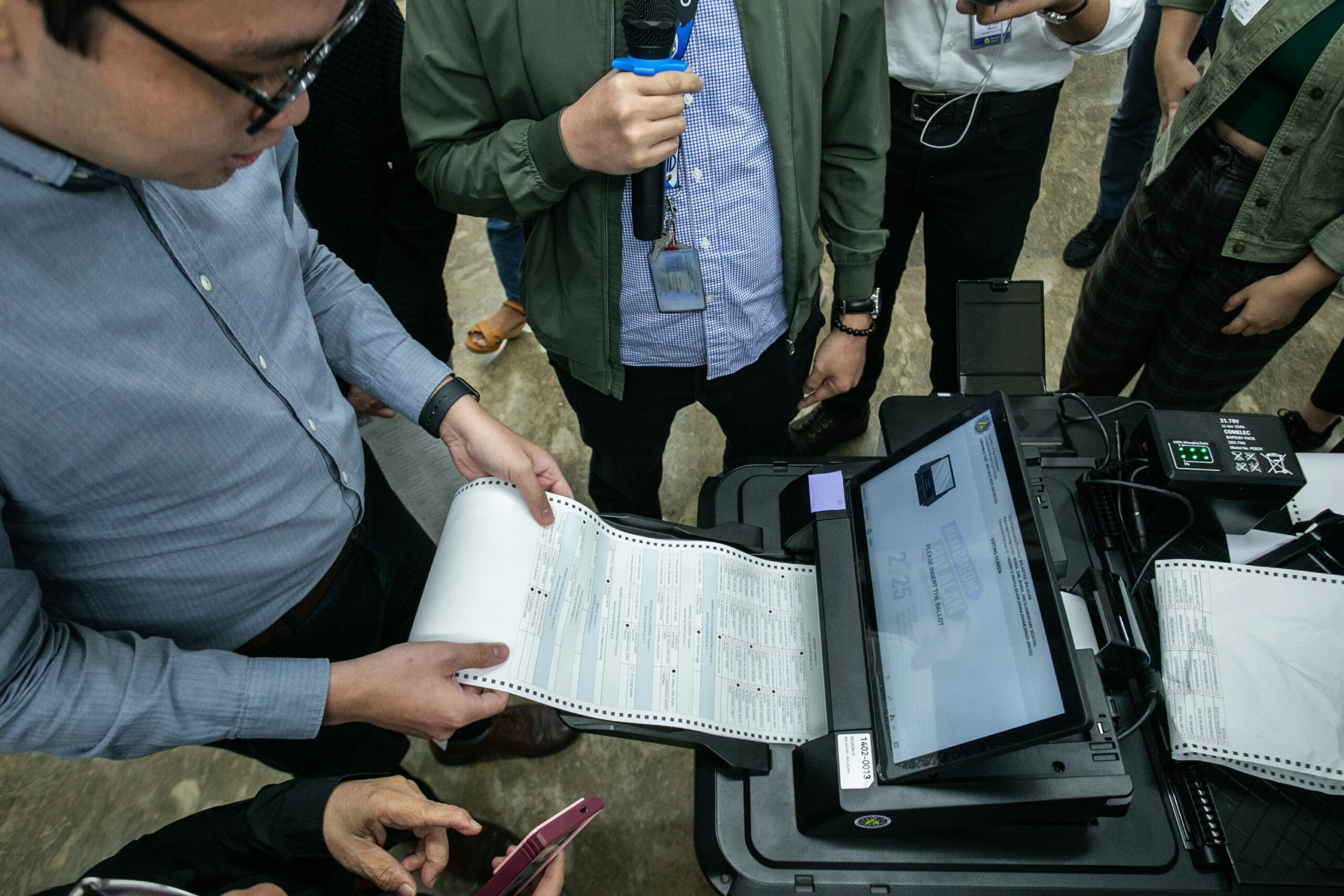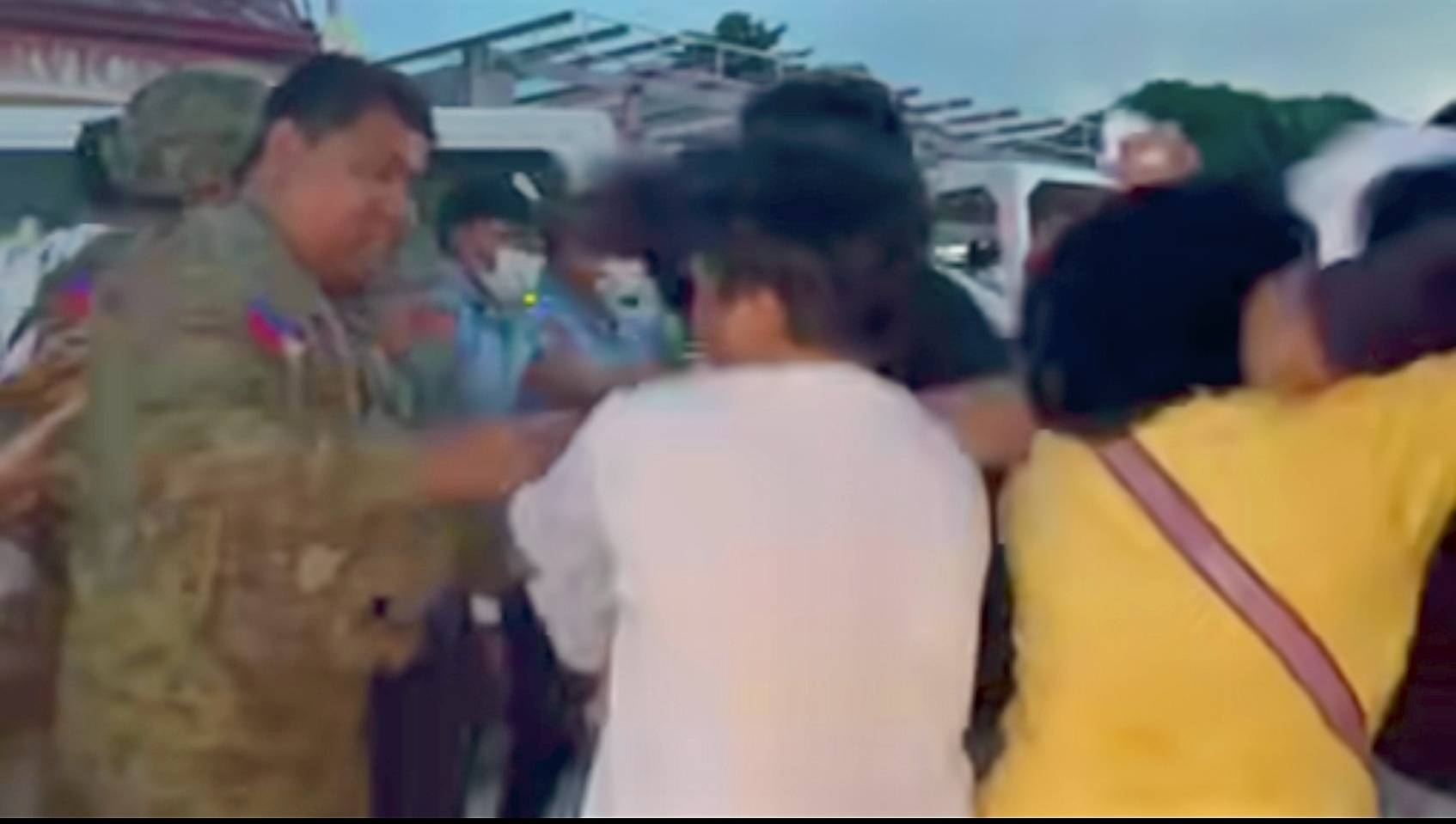“We are on the brink of war,” said Richard Lobo, charge d’affaires of the Venezuelan Embassy, during a forum held by Bagong Alyansang Makabayan (BAYAN) on June 28, where groups decried the US bombing of Iran.
Twelve days after Iran and Israel’s exchange of airstrikes, the Trump administration brokered a ceasefire between the countries on June 24. And while both halted their operations, groups said it may be temporary, as both have vowed to resume their offensive measures should one violate the ceasefire.
But the US-negotiated ceasefire came after it had bombed the nuclear facilities at Fordow, Natanz, and Isfahan in Iran. This prolonged the war that ultimately started with Israel’s airstrikes, citing Iran’s capacity for nuclear weapons.
Iran’s growing use of nuclear energy, as clarified by the state, was for the advancement of nuclear power. This campaign, familiarized as “Atoms for Peace,” was initiated under former US President Dwight Eisenhower in 1953.
However, despite intents to destroy, reports showed that the attacks only delayed the program by a few months.
Trump’s justification of the attacks mirrored the same reason espoused by the US during its invasion of Iraq in 2003—that Iraq can create weapons of mass destruction.
“It is precisely because of [US’s development and use of nuclear weapons] that countries that are targets of US aggression or provocation have made efforts to develop nuclear weapons,” Renato Reyes Jr., BAYAN president, said in a Facebook post.
Over the last 45 years, the Middle East has been entrenched in proxy wars over petroleum reservoirs under the guise of addressing global security threats. These entail intervention by US military forces through surrounding bases, as they do in other parts of the globe like the Philippines.
BAYAN also called out the Marcos administration for not pulling out US military bases and green lighting more in the country. Joint military defense treaties allow the US greater mobility in deploying forces, conducting surveillance, and gathering intelligence.
The US also implanted itself in the Philippines’s struggle for the West Philippine Sea against China. Their military operations continued through the nine Enhanced Defense Cooperation Agreement sites across the Philippines that were related to the influx of land grabbing and aerial bombing assaults near the sites, Tanggol Magsasaka said in a statement.
BAYAN also condemned the Marcos administration’s inaction in protecting the welfare of Filipinos’ in the Middle East, especially since it houses over two million overseas Filipino workers per the Philippine Statistics Authority’s latest 2023 data.
Filipinos were encouraged to return following the US-led bombing and the subsequent third-level alert by the Department of Foreign Affairs over the Iran-Israel conflict. As of writing, the alert has been lowered to the second level, warning them of possible security threats amid rising internal conflicts.
While the Philippine embassy is yet to report any casualties after the US attack, seven were injured, one is in critical condition, and 67 reported to have lost their homes in the Iran-Israel conflict as of June 19.
BAYAN, Kilusang Mayo Uno, and Moro Christian People’s Alliance, among others in the forum, extended their solidarity with the people of Iran in resisting the US aggression launched against them. They called for accountability measures on the ongoing and worsening genocide committed by US-backed Israel against Palestinians.
“We call on all people of conscience around the world to take to the streets in a sustained campaign against the expansion of Zionist-US aggression that has moved beyond Palestine,” BAYAN said. ●
First published in the July 5, 2025 print issue of the Collegian.
